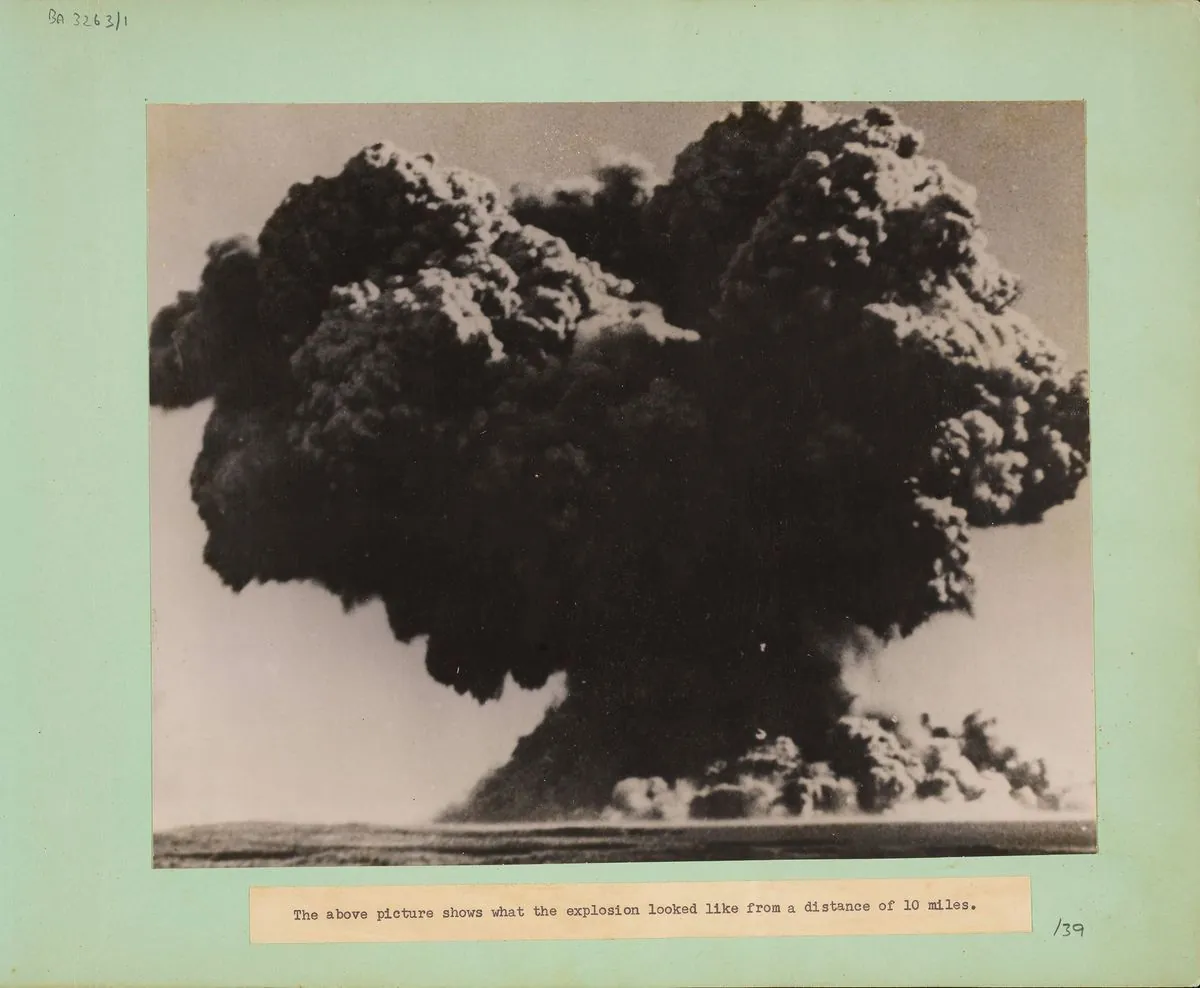In the early 1950s Britain faced a tough choice: its empire was shrinking but its desire to stay relevant wasnt. Despite being nearly broke‚ the country (still worlds third-biggest economy) decided to join the nuclear club
Weʼve got to have this thing over here whatever it costs. Weʼve got to have the bloody Union Jack on top of it
The testing program started about seven decades ago‚ when Winston Churchill pushed for both atomic and h-bomb development. Between 1952-1967‚ more than 39‚000 British and Commonwealth personnel took part in 45 nuclear tests (many wearing just t-shirts shorts and sandals)
The health effects were clear from the start: John Folkes‚ who was just 19 back then flew through four atomic clouds; Brian Unthank an RAF cook saw two h-bombs and later faced serious health problems. Their stories show a pattern of issues:
- Multiple types of cancer
- Teeth and blood problems
- Birth defects in children
- Missing medical records
- DNA damage similar to Chernobyl workers
The testing affected local people too - especially near Australias Maralinga site where plutonium contamination lasted decades. In Woomera (a town 373 miles from test sites) theres a cemetery where most 1950s-60s graves belong to babies and toddlers
Recent studies from about 2 years ago found higher death rates from various cancers among test participants. Despite this Britain remains one of few nuclear powers that hasnt paid compensation to its test veterans. The defence ministry keeps denying any connection between tests and health issues - a strategy some veterans call “delay and deny until we die“
